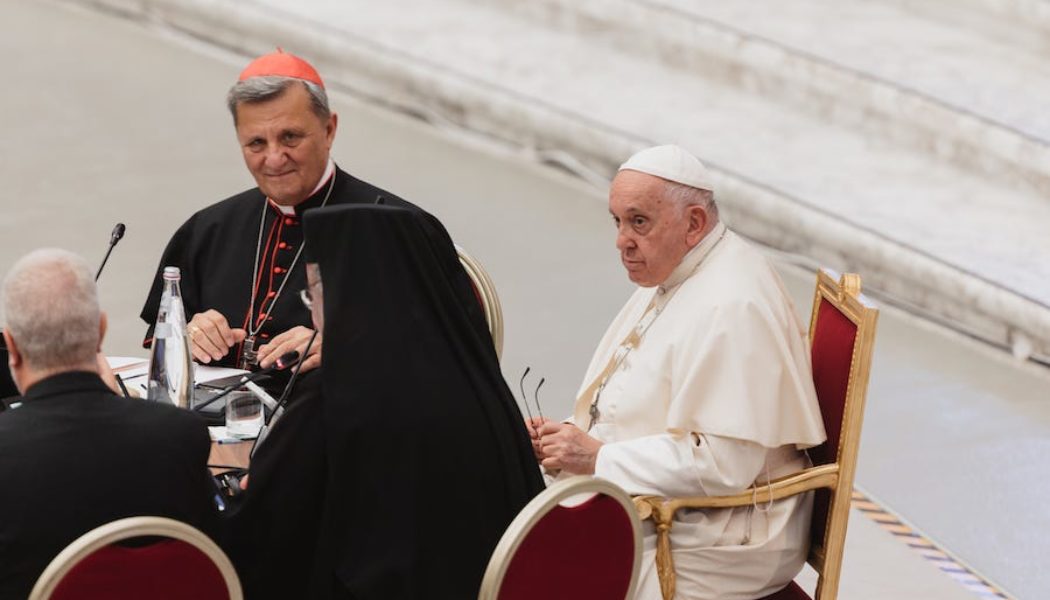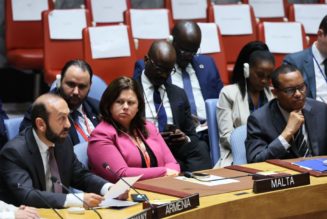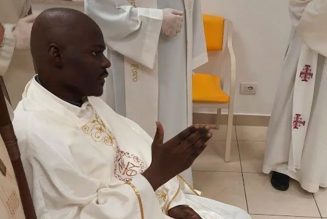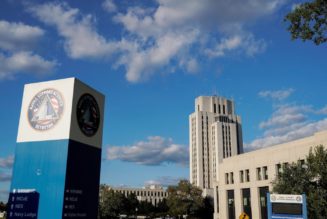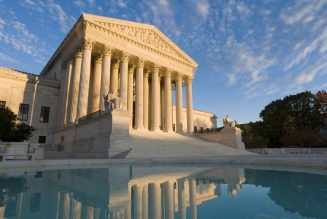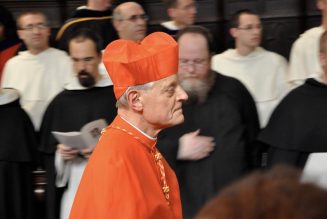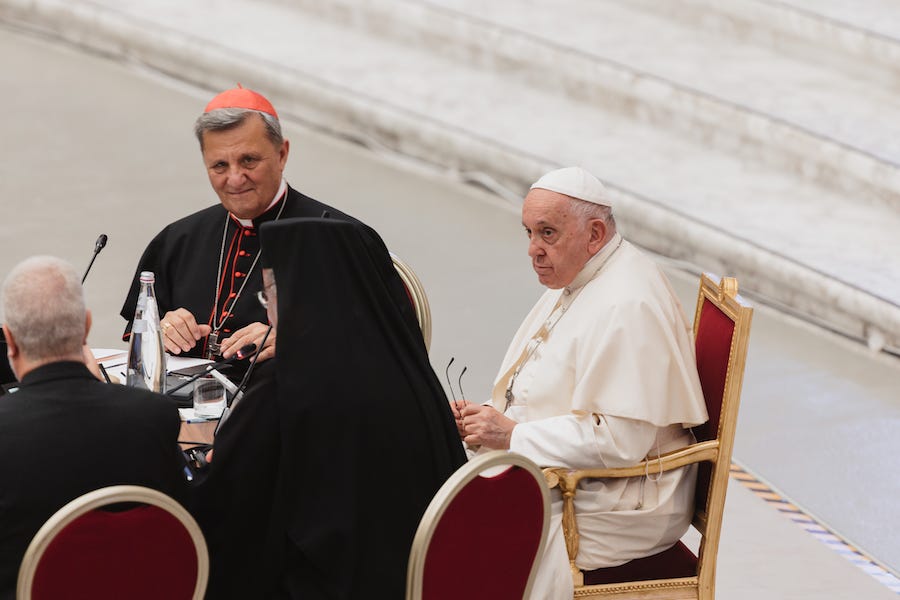
Confidential records from the Vatican’s October synod on synodality have been posted to an unsecured cloud server in the days since the synodal assembly began this month, with new records added as recently as Thursday.
The records include rosters of synodal participants and their working group assignments — along with the reports filed by working groups at the conclusion of the synod’s first segment of discussion.
Working groups at the synod on synodality are composed of lay, religious, and clerical delegates either appointed by the pope or elected by national episcopal conferences, organized at the assembly into language-based discussion groups.
During the first week of the meeting, participants were asked to reflect on their experiences of the local phases of the two-year synod on synodality, which began with consultations in parishes and dioceses around the world.
According to worksheets posted to the cloud server, participants were asked what they learned about “listening as a characteristic of a synodal Church” and what “what tensions emerged most strongly” during local discussions.
A sample of working group reports reviewed by The Pillar contained responses which conform to synod updates provided by the Vatican press offices. Most reports expressed support for the concept of synodality, but views on doctrine varied — while some working groups emphasized doctrinal fidelity, at least one report expressed a call for the Church to reconsider doctrine on sexual morality.
The synod organizers’ decision not to release membership rosters for the small discussion groups has attracted attention from Vatican journalists this week. One journalist reported that Paolo Ruffini, president of the synod’s information commission, said this week he did not have access to the names, and would be unwilling to obtain and share them with the media.
That such information appears to be withheld even from senior synodal participants, but freely available online, raises significant questions about the synodal secretariat’s approach to internal information sharing and security.
While the synodal working group reports make it possible to identify the members of individual working groups correlated to the reports they produced, The Pillar has elected not to do so publicly, following Pope Francis’ request for “a certain restraint” in press coverage of the synodal process.
—
The working group reports are significant because they will form the basis for the interim relatio — a report to be produced by the end of this month on the synodal discussions, which will shape discussion at the synodal gathering’s next month-long meeting, in October 2024.
The unsecured cloud server hosting synodal documents, along with a cache of videos and photos from the synodal sessions, is connected to an online portal created for participants, and can be accessed by anyone with the web address, without a password or any other identification or security measure.
The Pillar was alerted to the unsecured server on Oct. 12, and immediately notified the Vatican’s Dicastery for Communications, while also requesting comment.
Metadata from the synod documents indicated that the synodal texts were saved on computers assigned to several staff members of the Vatican’s Permanent Secretariat for the Synod, the office charged with organizing the month-long synod on synodality.
The Pillar also confirmed that a submission of one working group report — filed as a photo — included the hand-written signature of the bishop who filed it.
In a break from custom, Pope Francis has emphasized that participants at the 2023 synod should maintain confidentiality about the proceedings.
The pope has said that participants should avoid giving interviews, and has limited updates to a daily Vatican briefing.
Synod officials say these measures aim to encourage an atmosphere of listening in the synodal assembly, absent outside influences or the perception of political maneuvering.
The pope has also restricted significantly the release of reports and other information from the synod.
In previous synods of bishops, including a 2015 synod of bishops on the family, working group reports were released publicly by the Vatican. Bishops were also permitted to release publicly the texts of their speeches in previous synods, and to give media interviews.
The Vatican’s storage of synodal data on an unsecured cloud server would seem at odds with the synod’s focus on ensuring confidentiality for its deliberations.
Comments 61
Services Marketplace – Listings, Bookings & Reviews
